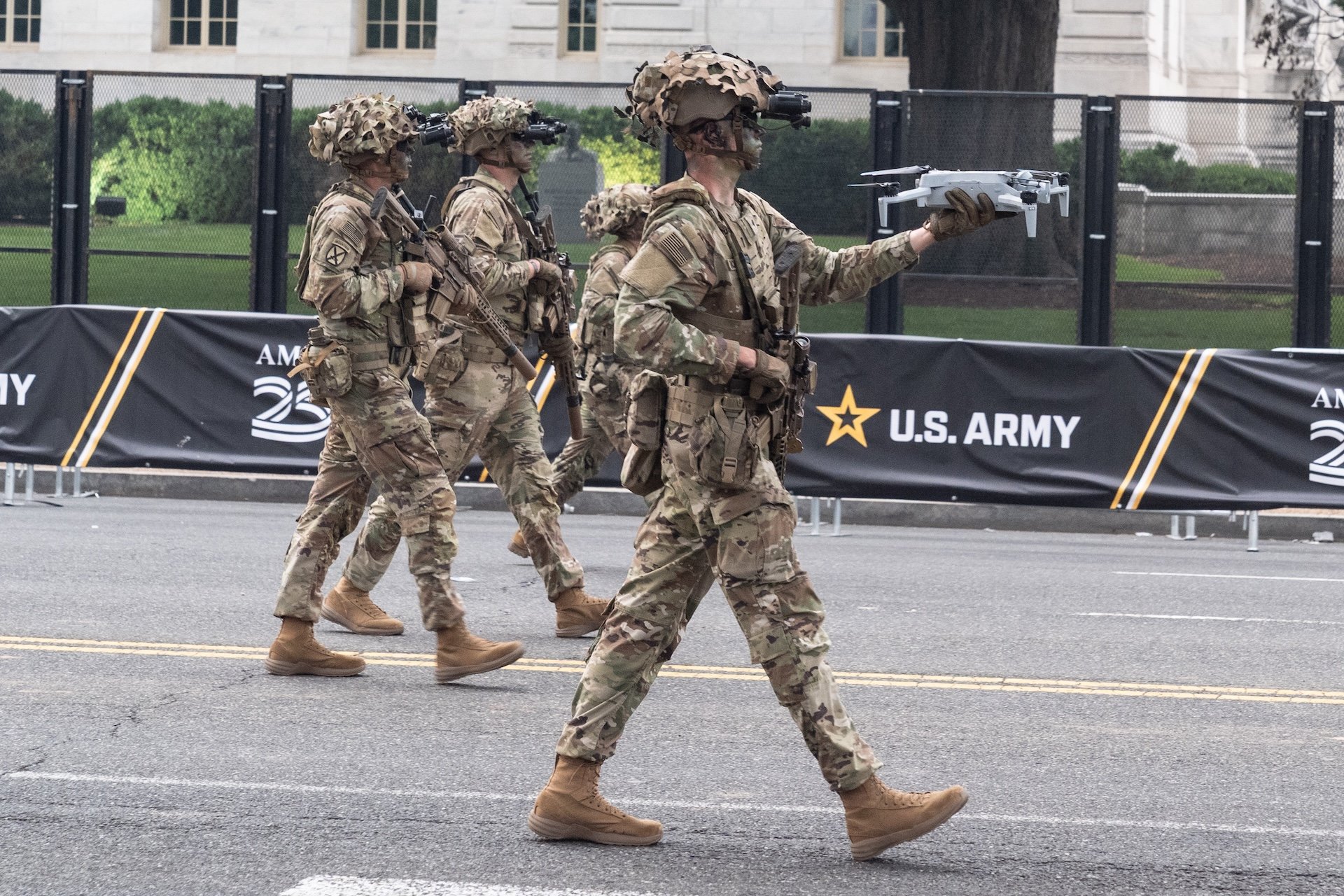URGENT UPDATE: Revolutionary changes are imminent in military command structures as artificial intelligence (AI) is poised to fundamentally reshape how modern warfare is conducted. Experts, including Benjamin Jensen, a Professor of Strategic Studies at Marine Corps University, have confirmed that existing military frameworks, some dating back to the time of Napoleon, are ill-equipped for the complexities of contemporary combat.
The military’s traditional command setups have expanded dramatically over the years to handle increasing information flows and decision-making points. However, this growth has led to chaos, often described as a coordination nightmare, putting critical missions at risk. AI agents—autonomous software powered by advanced algorithms—are now seen as a potential solution to streamline operations, reduce staff sizes, and enhance effectiveness.
According to Jensen, these AI systems can automate routine tasks, compress decision timelines, and ultimately lead to smaller, more agile command posts. “The military must adapt to a world where AI agents can fuse intelligence and model threats while supporting commanders with timely updates from the battlefield,” he stated. This technology is becoming mature enough to integrate into military operations, especially as recent events in Ukraine have highlighted the vulnerabilities of static command posts.
The concept of the Adaptive Staff Model has emerged from collaborative research at the Center for Strategic & International Studies. This model emphasizes continuous human-machine feedback loops, allowing military planners to generate more flexible operational options. The findings suggest that units will be able to manage multiple scenarios concurrently, adapting strategies in real-time—crucial in environments like the ongoing tensions between China and Taiwan.
As the military recognizes these opportunities, Jensen warns of the risks involved. AI systems can be biased and may fail if users do not critically engage with the technology. “Without a foundational understanding of AI, military personnel risk becoming overly reliant on these systems,” he cautioned.
To effectively integrate AI agents, significant reforms are necessary. The military must invest in computational infrastructure, fortify cybersecurity measures, and revamp training programs. This includes fostering an educational environment where officers learn to build and utilize AI tools, aligning with initiatives outlined in the White House’s AI Action Plan released on July 23, 2025.
With these changes, the military can avoid the pitfalls of outdated command structures. The urgency for reform is evident as the complexities of modern warfare demand innovative solutions. As military leaders navigate this transformation, the effectiveness of AI in optimizing command functions may redefine the landscape of global defense.
The potential of AI to revolutionize military operations is not just a technological upgrade—it’s a critical evolution that could alter the future of warfare. As experts continue to explore these advancements, the question remains: Will military organizations embrace the change quickly enough to stay ahead in a rapidly evolving battlefield?
For those invested in military strategy and operations, the developments in AI integration represent a pivotal moment. Share this article to spread awareness of how technology is reshaping the future of defense.



































































